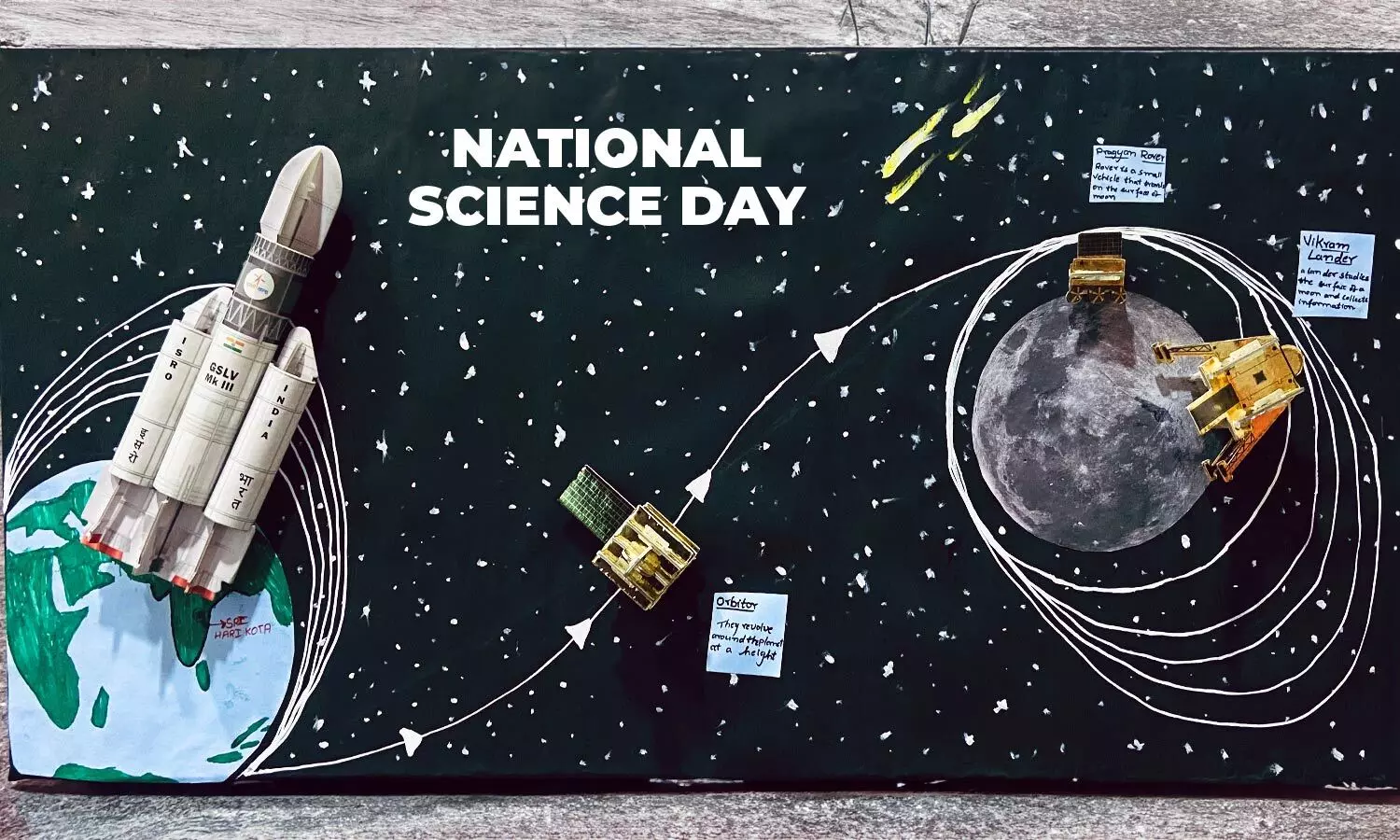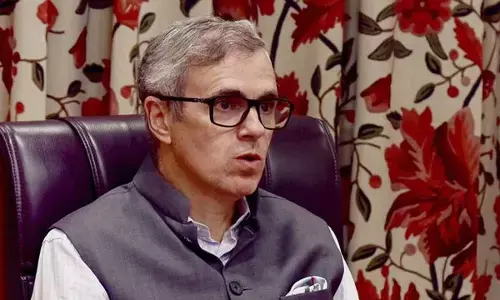National Science Day 2024: Scientific Breakthroughs Around the World in 2023

National Science Day 2024
Reflections on Scientific Accomplishments: On National Science Day, let’s take a look back at the top ten moments in scientific discovery and invention in 2023.
Numerous groundbreaking discoveries, clinical trials, and space missions occurred in 2023, all with the potential to influence humankind's trajectory on Earth and in the cosmos. With missions like India's historic Chandrayaan-3 probe, the discovery of ‘life ingredients’ in extremely cold space, and the first-ever study to suggest that humans could potentially reproduce in space, scientists and researchers have been racing against the clock to solve the universe's endless mysteries.
India became the first nation to accomplish the historic feat when its Chandrayaan-3 lander module touched down on the moon's South Pole. Here’s a sneak peek of the top 10 scientific achievements of 2023
Remarkable developments in science in the past year
1. Can a device read our minds?
As reported by the MIT Technology Review, a recent study in Nature Neuroscience found that a model trained on functional magnetic resonance imaging scans of three volunteers could remarkably anticipate entire sentences they were hearing simply by observing their brain activity.
2. Same-sex couple reproduction
Scientists achieved a major breakthrough in reproductive biology when they successfully produced mice from two biologically male parents, opening the possibility of bipaternal reproduction. The study suggested that same-sex couples could potentially have a genetically identical child in the future.
3. Vegetables being grown in the space
Two tomatoes were grown in the International Space Station for the first time, but they went 'missing’ earlier this year. It was said that the astronaut who grew the tomatoes consumed them. It wasn't until months later that the ISS crew uncovered the rotten tomatoes.
4. Dinosaurs like T-rex had lips
According to recent research, carnivorous dinosaurs like Tyrannosaurus rex did not resemble crocodiles. Like modern lizards, they probably had lips that concealed their teeth.
5. Hum of gravitational waves from outer space
The first-ever detection of gravitational waves with low frequencies that reverberated across the cosmos was made by scientists. When massive celestial bodies move through space and collide with one another, they produce these waves. As they journey through space, space-time is compressed and stretched.
6. Discovery of new celestial bodies
Six new worlds have been found by scientists. The discovery of six exoplanets—HD 36384 b, TOI-198 b, TOI-2095 b, TOI-2095 c, TOI-4860 b, and MWC 758 c—pushed the number of exoplanets discovered by scientists over 5,500. Specifically, 5,502 exoplanets have been identified thus far.
7. Sickle-cell treatment therapy
A therapy utilising the CRISPR-Cas9 gene-editing tool has been approved as a treatment by the UK medicines regulator. The blood disorders known as sickle-cell disease and β-thalassemia will be treated by the medication known as Casgevy, the first CRISPR/Cas9 therapy to receive USFDA approval.
8. Asteroids have evidence of life ingredients
The details of an asteroid sample that fell to Earth this year were revealed by NASA in October. In their analysis of the 4.5-billion-year-old asteroid Bennu, the US space agency discovered water and a high carbon content. These findings "together could indicate the building blocks of life on Earth may be found in the rock," said NASA.
9. Study on human reproduction in space
Successful embryonic development of mice has been achieved by scientists aboard the International Space Station (ISS). In October 2023, scientists from Japan announced that they had successfully grown mouse embryos on the International Space Station. The embryos "developed normally in the first study, indicating it could be possible for humans to reproduce in space."
10. Can life be sustained on Saturn’s moon?
Evidence has been found by scientists that the moon of Saturn could potentially support life. Enceladus, Saturn's sixth-largest moon, has phosphorus in its ocean, according to scientists this year. It is necessary for life to have this sixth element in addition to carbon, hydrogen, nitrogen, oxygen, and sulphur.
Here’s to celebrating National Science Day and major breakthroughs!
If you have any more interesting tech breakthroughs that you want to share, we’d be more than curious.
















